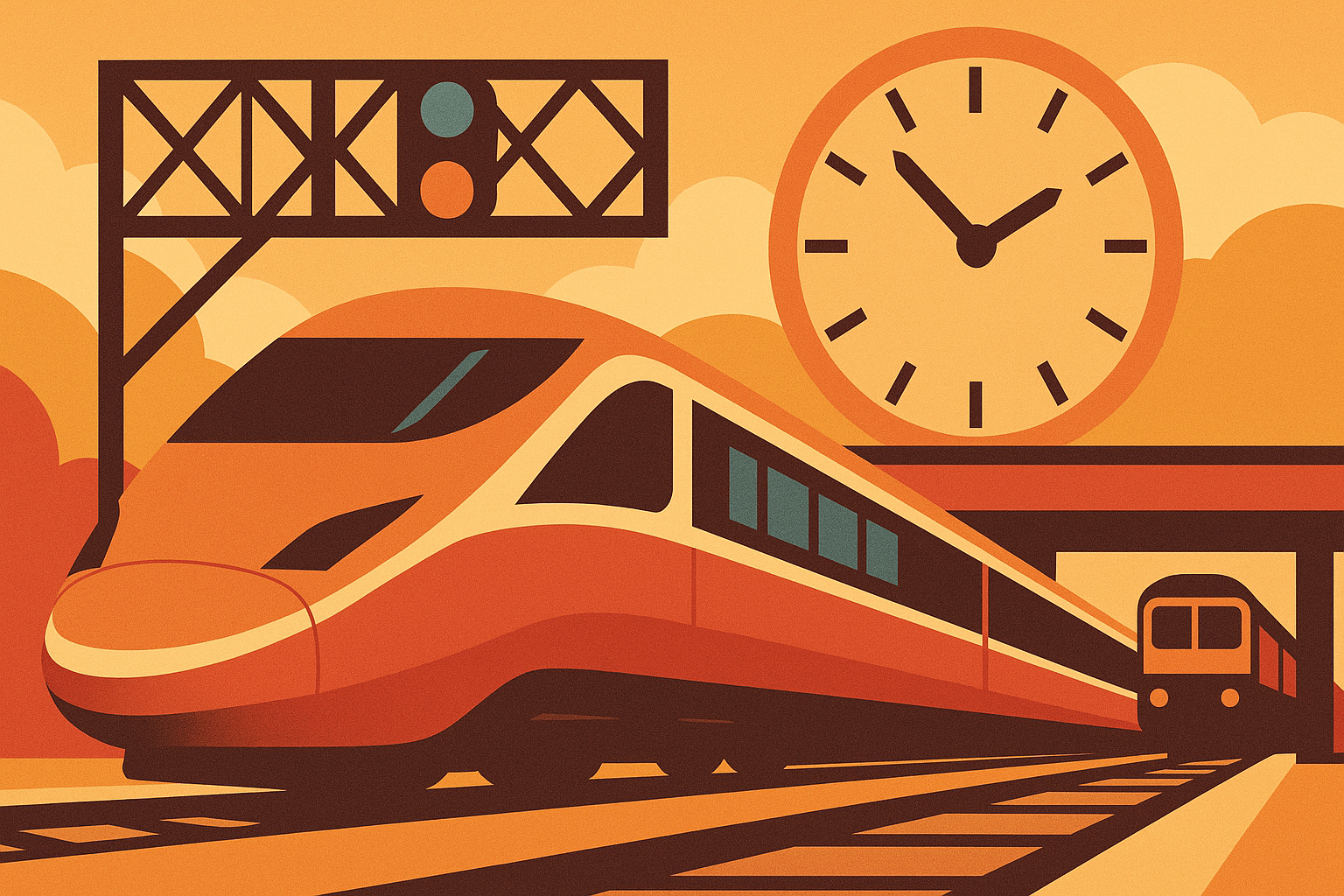Plans to connect the UK’s High Speed 2 (HS2) rail line to the West Coast Main Line beyond Birmingham have been postponed for at least four years, marking another setback for the country’s most expensive transport project.
The 18-mile section between Birmingham and Handsacre in Staffordshire was designed to allow trains from northern England to join the HS2 route, cutting around 25 minutes from the London–Manchester journey. However, HS2 Chief Executive Mark Wild informed Staffordshire County Council that construction on the section will be deferred as efforts shift to completing the London–Birmingham segment.
In a letter seen by the Financial Times, Wild said, “I have taken the decision to extend this deferral by four years. We remain fully committed to completing the 18-mile stretch north of Birmingham, and some essential construction in the area will continue,” acknowledging that the decision would be disappointing for local stakeholders.
Until the section is completed, most passengers traveling between London, Liverpool, Manchester, and Scotland will continue to rely on existing rail services. The delay further weakens the economic case for HS2, according to experts such as Tony Travers of the London School of Economics, who noted that the postponement “reduces the connectivity to the north and further weakens the rationale for the project.”
The pause comes amid what HS2 Ltd describes as a “reset” of the project to “get it back on track and address the mistakes of the past.” Wild, who assumed leadership in 2024, faces mounting pressure as the project grapples with cost overruns, contract issues, and construction delays.
Originally envisioned in 2009 as a high-speed line connecting London, Birmingham, Leeds, and Manchester, HS2 has since been scaled back. The northern extensions were scrapped in 2023 under the Conservative government, leaving only the London–Birmingham route as the core section. The connection to Euston in central London remains uncertain, with unresolved plans for integrating high-speed lines and surrounding property developments.
Critics argue that continued delays further undermine confidence in future high-speed infrastructure. Andrew Gilligan, head of transport policy at Policy Exchange and a former government adviser, commented, “If they cannot even finish the section they are building, this must surely end talk of reinstating the northern leg or launching new high-speed projects across the north.”
The government has already acknowledged that the overall timeline has slipped from 2033 to the mid or late 2030s, with costs exceeding £100 billion once inflation is considered. To date, more than £40 billion has been spent, with around £7 billion allocated annually.
Local officials in Staffordshire have voiced growing frustration. Reform UK councillor Ian Cooper described the delay as part of a “prolonged and damaging legacy” for the region.
Despite the criticism, HS2 Ltd maintains that the deferral is a necessary step to ensure better delivery and fiscal responsibility. “We remain committed to completing the stretch north of Birmingham,” the company said, adding that the temporary pause will allow the benefits of HS2 to reach passengers and businesses sooner while safeguarding taxpayer funds.








